Today’s readings
Today, as we gather for your Graduation Mass, the last time you will celebrate Mass together as a class, we do that on this memorial day of the Blessed Virgin Mary, Mother of the Church. I think that’s a wonderful little coincidence, because it gives us the opportunity to reflect on the ways that Mary has been a mother to you throughout your time here in our school, and how you will need her motherly care as you go forth from our school into your future.
The Church celebrates the memorial of Mary, Mother of the Church, each year on the day after Pentecost. It’s a relatively new feast for us, because Pope Francis extended this feast to the Universal Church in 2018. Before that, it had a long history in Poland, and it was Saint John Paul II who commissioned a mosaic of Mary, Mother of the Church, at Saint Peter’s Basilica.
The image of Mary, Mother of the Church, has its origins in the Gospels, and in Sacred Tradition. At the foot of the Cross, Jesus commended Saint John to Mary as his mother, and her to Saint John as her son. We heard that at the beginning of our Gospel reading today. The Church has seen this as Mary welcoming all members of the Church in the person of Saint John, and relating to them as a mother. This gives strength to the Tradition that since Mary is the Mother of Jesus, the head of the Body, so she is also the mother of the members of that same Body.
Mary also prayed with the disciples in the Upper Room for the coming of the Holy Spirit, as we saw in our first reading this evening from the Acts of the Apostles, and as the Spouse of the Holy Spirit, she became the mother of the Church as it came into being. Mary is the one who guides the Church as Mother by interceding for the Church in our need, by pointing us to the leadership of her son Jesus Christ, and by giving us comfort and encouragement in times of need and crisis. Mary is indeed our Mother and because of that grace and comfort, we are truly blessed.
Mary has guided you in your time here at Saint Mary’s school. As you have learned to pray here, she has stood by you and brought those prayers to Jesus. As you have learned to study and work here, she has been with you to encourage you to find joy in learning and discovering. As you have made friends here, she has been with you to help you find common ground with others who are different from you. Mary has encouraged you and prayed for you, as any mother would for her children.
As you go forth from our school, you will continue to need Mary’s motherly care in your life. High school is an exciting time, filled with all kinds of opportunities for growth and for becoming the person you were created to be. But it’s also a time with a lot of confusing options, with pressures to succeed and make friends and fit in. There absolutely will be temptations to do things you know in your heart are not for you, things that you have learned are wrong, even things you don’t want to do but feel like you have to in order to be one of the crowd and not someone who stands out like a sore thumb.
The advice I would give you for that is to make sure your prayer life is there. And you know from your relationship with Mary our Mother that she can lead you to Jesus. Don’t forget the time you were here to go to adoration as a class. You can go to the adoration chapel on your own. Don’t forget to pray the Rosary you learned here. You can pray the Rosary every day. Don’t forget to spend time with Mary your Mother because she, like every mother, wants the very best for you.
As we gather here on your Graduation day, we all want you to be successful in the future. A lot of people think success is having a lot of money, a prestigious job, all the best things you can buy. But that’s not true. Real success is becoming the person you were meant to be. God has given each one of us a vocation and a place in the world. You might be meant to have a priestly or religious vocation. You might be meant to be a loving parent and a dedicated spouse. You might be meant to make a difference by being a doctor or scientist or first responder or engineer. Whatever it is that you were meant to become, success will be in becoming that and then putting it at the service of the Gospel.
The successful disciple is the one who has become what she or he is meant to become. The successful disciple becomes the woman or man who makes a positive influence on the world, or at least on your corner of the world. That’s what we were created for, and frankly, when we accomplish that, that’s when we will be the happiest we have ever been. I can tell you that I’ve traveled a few different roads in my adult life, and it wasn’t until I became a priest, especially here at Saint Mary’s, that I realized how happy I am.
Success requires sacrifice. Giving his own mother to be our mother, the Mother of the Church, Jesus shows us that the members of the Church must lay down their lives if the Church is to make an impact in the world. You will have to sacrifice to become successful in life. You may have to sacrifice your own comfort, your own popularity, your own ideas so that you can become who you were meant to be. I look forward to seeing the great people you will surely become as you continue to be involved here at Saint Mary Immaculate in the years to come.
For all these years that you have been here at Saint Mary’s school, we have tried to give you the tools to grow into the people you were meant to become. We have done our best to help you find a relationship with Jesus and the companionship of our Mother Mary. If you remember these things and use them and grow in them, you will be successful, happy and blessed. As I tell you all the time, the goal of all our lives is to get to heaven one day, and for the time you’ve been in our Catholic school, we have done our best to give you what you need to get there, because getting to heaven is the ultimate badge of success; it’s the greatest measure of our having become who we were meant to be. I hope that you will be reasonably happy in this life, but I really want you to be eternally happy with Christ in heaven one day. May God bless you in every moment of your lives.
Christ is risen. He is risen indeed! Alleluia!
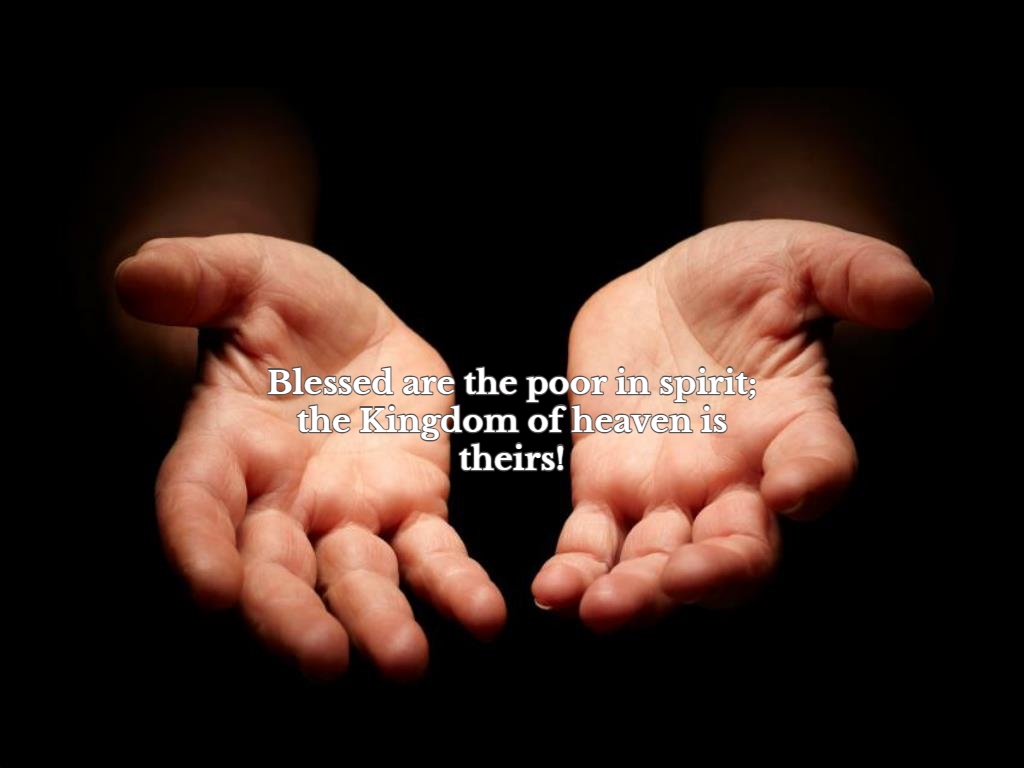
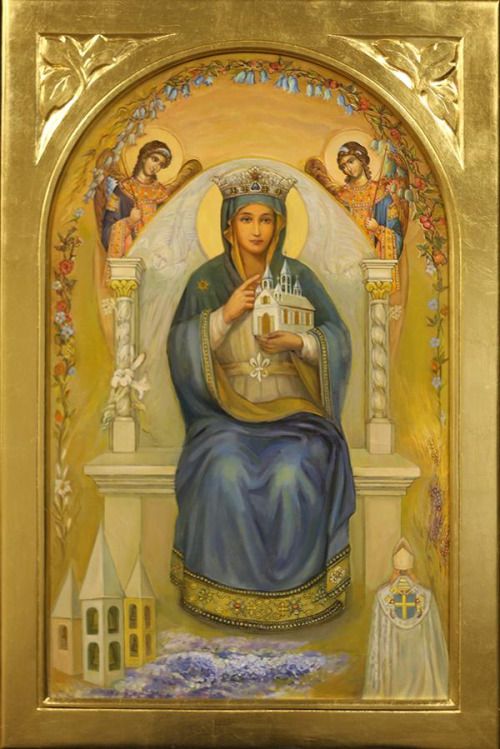
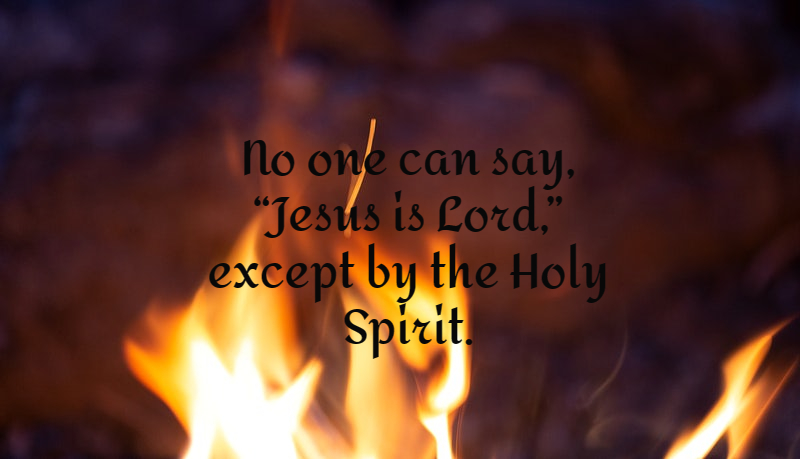

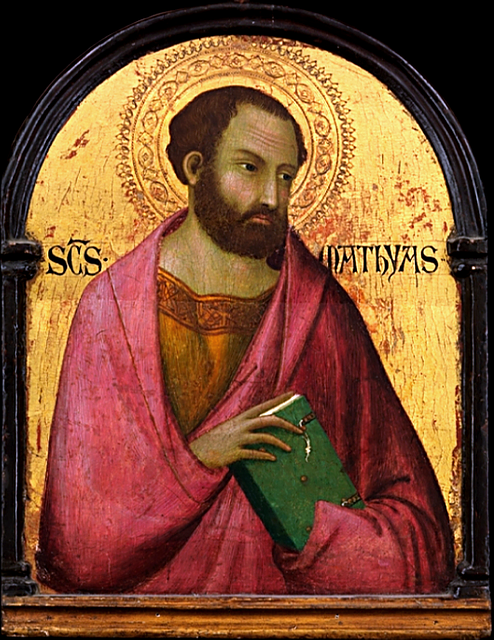

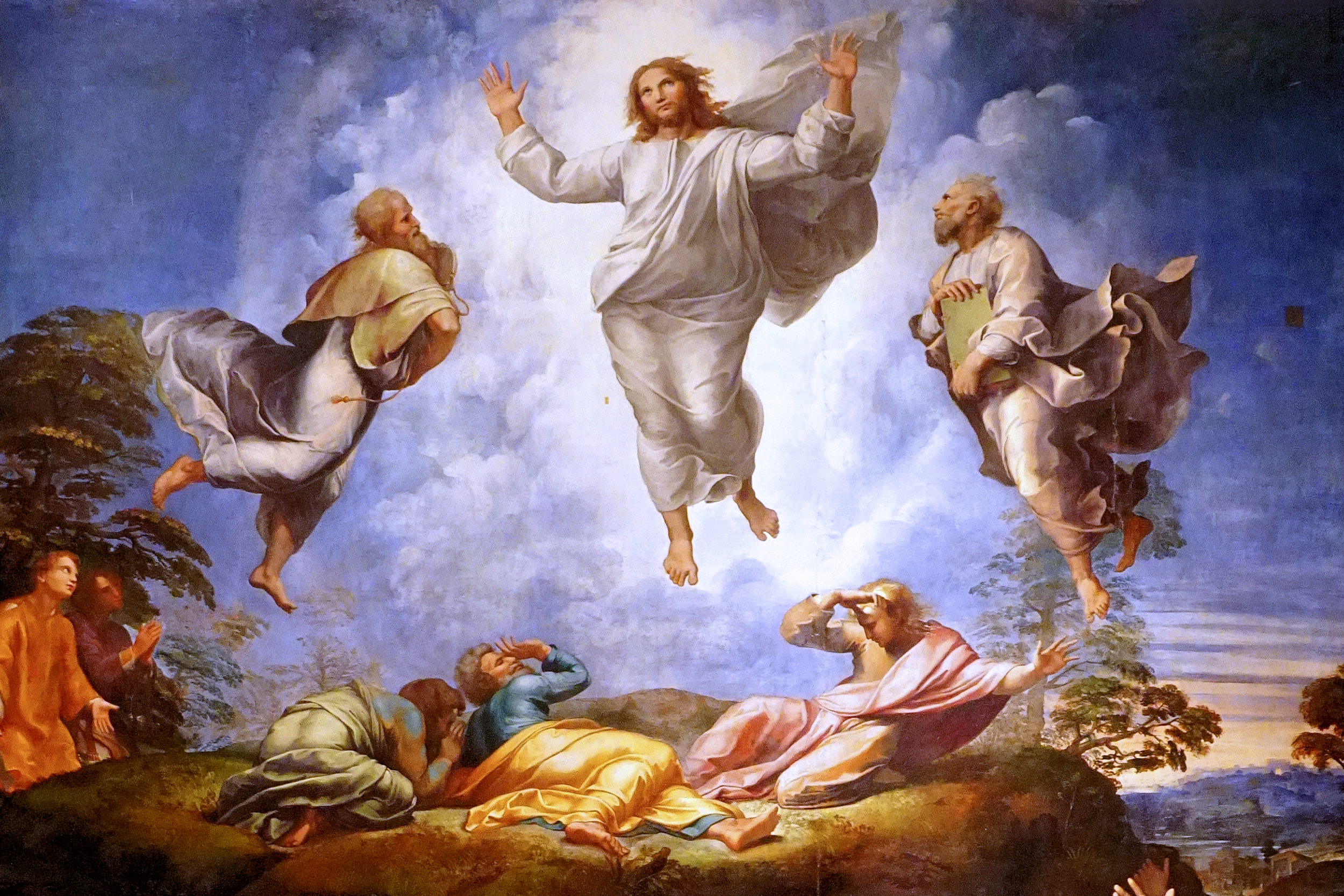

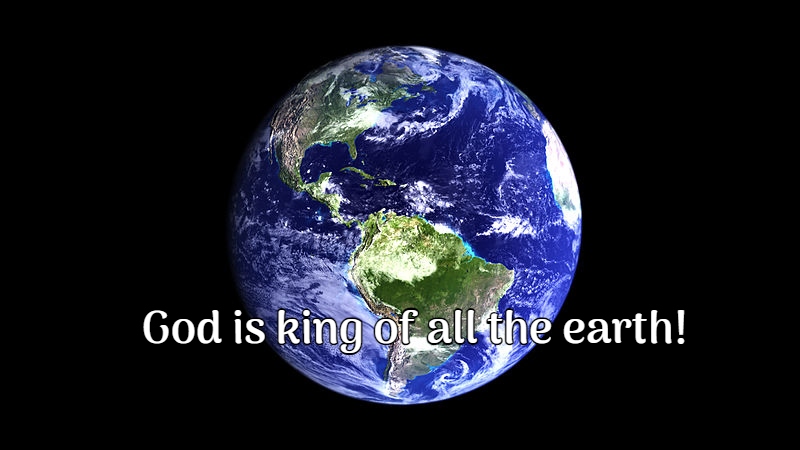
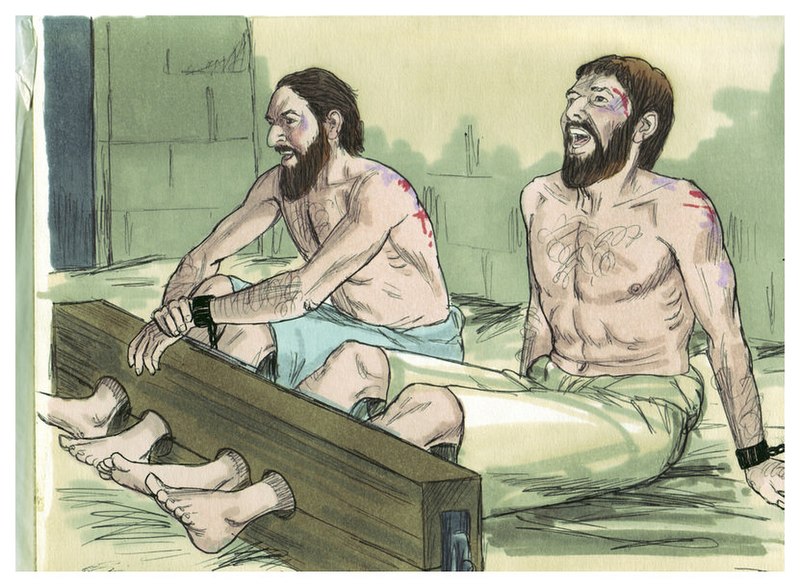
You must be logged in to post a comment.